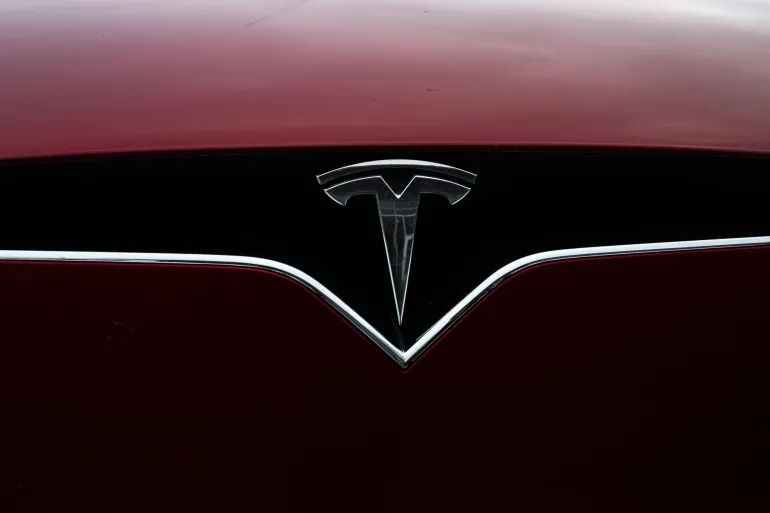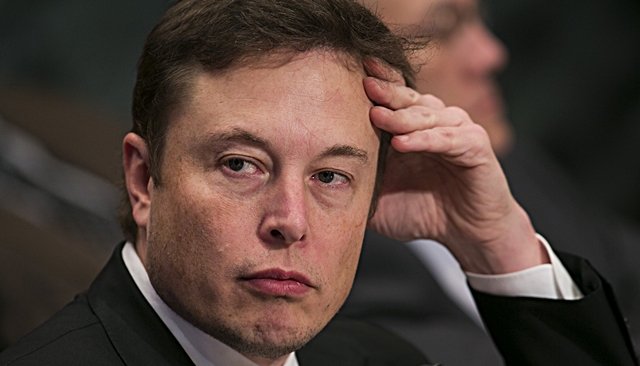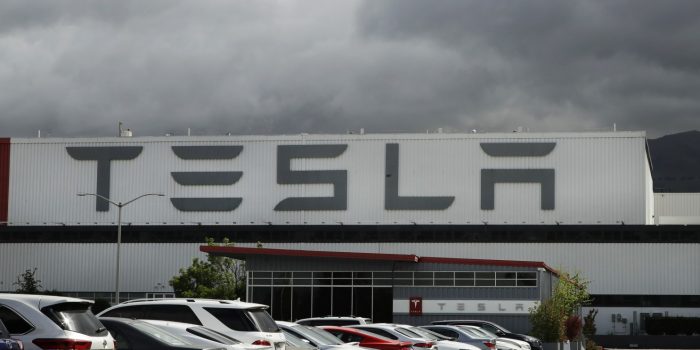The benefits of not signing the arbitration agreements by the company…
According to CNBC, a federal court in San Francisco has ordered Tesla to pay its former worker, Owen Diaz, around $137 million after he claimed that he endured a hostile and racist work environment working at Tesla as an elevator operator. The jury awarded more than the attorneys asked for their client, including $130 million in punitive damages and $6.9 million for emotional distress.
Diaz was a former contract worker who was hired through a staffing agency back in 2015 at Tesla. He faced a hostile environment where colleagues used epithets to degrade him and fellow Black workers and told him to “go back to Africa”. They even went as far as leaving racist graffiti in restrooms and racist drawings in his workspace.

According to Diaz’s attorneys, J. Bernard Alexander from Alexander Morrison, Fehr LLP in Los Angeles and Larry Organ from California Civil Rights Law Group in San Anselmo, this kind of case was only brought forward in the public eye as Diaz had not signed one of Tesla’s mandatory arbitration agreements which compel employees to resolve their disputes within the company and force them to stay out of a public trial.
Many companies use mandatory arbitration and Tesla hardly ever faces corrective actions after arbitrators settle a dispute. But previously, Tesla was required to pay $1 million to another former worker, Melvin Berry as a result of an arbitration agreement who also faced the same issues as Diaz and complained of a racist workplace.

“We were able to put the jury in the shoes of our client,” Alexander told CNBC. “When Tesla came to court and tried to say they were zero tolerance and they were fulfilling their duty? The jury was just offended by that because it was actually zero responsibility.” Talking about the adverse effects of mandatory arbitration on their employees and the issues of hiding sexual harassment and racist discrimination, Nia Impact Capital, a shareholder activist, is urging Tesla’s board to take the issue seriously and said in a recent shareholder proposal, “The use of mandatory arbitration provisions limits employees’ remedies for wrongdoing, precludes employees from suing in court when discrimination and harassment occur, and can keep underlying facts, misconduct or case outcomes secret and thereby prevent employees from learning about and acting on shared concerns.”


